“The Promise” Makes Its Debut at Toronto International Film Festival
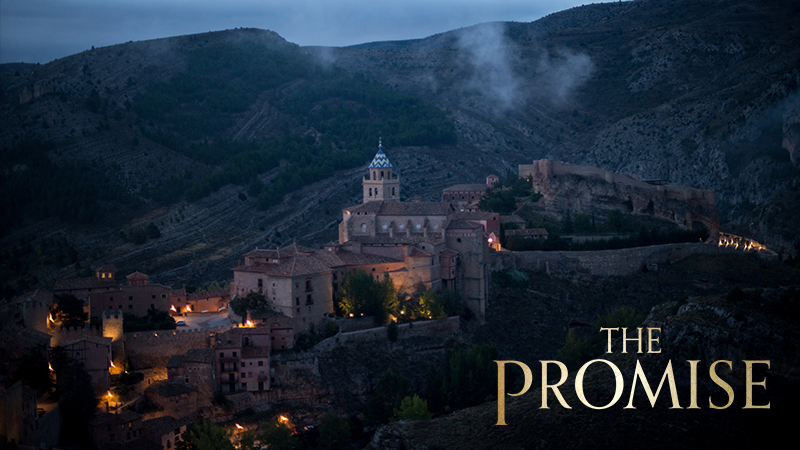
Kirk Kirkorian’s “The Promise” film’s premiere was on September 11, 2016, at Toronto International Film Festival (tiff). The film was shown in Toronto’s Roy Thomson Hall.
The film director is Oscar-winning Terry George. Among actors are Charlotte Le Bon, Oscar Isaac, Christian Bale, Angela Sarafyan, Shohreh Aghdashloo, Marwan Kenzari and Jean Reno. Other celebrities who walked on the red carpet included also Atom Egoyan, Arsinee Khanjian and Serj Tankian.
The audience greeted the actors with ovations standing for more than ten minutes. Among the invited guests in the hall was also Susanna Harutyunyan, film critic and Artistic Director of the Golden Apricot Yerevan International Film Festival.
The film was produced by Eric Esrailian’s Survival Pictures. The Oscar winner film director Terry George is famous with his movie “Hotel Rwanda” (2004) which addresses the issue of Rwanda genocide.
The next day after the premiere there was a press conference, Terry George said that for the first time he was at TIFF back in 1996 with the first film he directed, then he came back with “Hotel Rwanda,” and then he came back to riff in 2011. “Each of those screenings were very memorable, particularly Hotel Rwanda. What I love about this genre is that it enables the audience to go inside and explore more rather than a few paragraphs of a book or news page. For a film maker it’s an opportunity to take an audience inside of those catastrophic events and let them see from inside. It allows them to experience those events through ordinary characters.”
Canadian actress Charlotte Le Bon, who plays the role of Ana, said she didn’t know much about the story before the film. “I really liked Ana’s character. She was living in golden years in Paris, and then something happened and she went back to her roots in Armenia. I don’t know what anyone would do if a war broke out, but she started to work and help orphans. Maybe she didn’t take this decision – it was natural.”
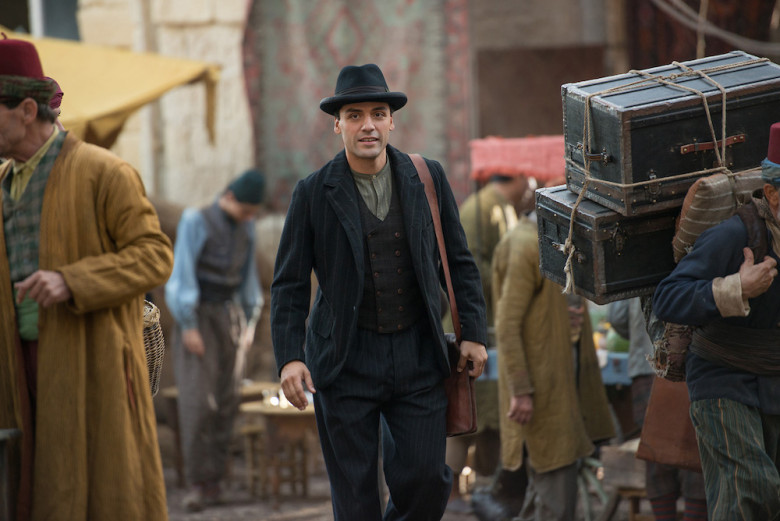
Oscar Isaac (Michael in the film), who among other films is famous with his role in “Star Wars”, said before this movie he was “shamefully ignorant of this part of the history”. “For me it was very interesting in particular to read eyewitness account’s such as little children telling about their grandma having been killed in front of them, or their mother taken away. These are really things that are incomprehensible how these kind of things could be experienced. I read to try to become a real life Armenian to experience that.”
Shohreh Aghdashloo, who plays the mother of Isaac’s character, spoke about the issue of the Armenian genocide as a story that would take a hundred years to be spoken about, “People of the world, the majority of the world must learn from it. There is nothing we can do with the past, but we can learn a lot for the future.” She said she was raised with Armenians, “I am pretty familiar with the cause. I was born and raised in Iran till the age of 25, and I used to live next to many Armenians. I had many Armenian friends, who even taught me how to count in Armenian. My best friends are Astghik, Hasmik.They didn’t care who was from where, which religion they belonged. We were all living in peace together. They told me a lot of stories about the Armenian Genocide. To be honest I was a child and didn’t understand the depth of this inhuman act until the day. It was so close to the heart.
When the story came out, I was so happy to be a part of it – I was so happy to be a part of this human story. Another thing that was attracting me was that it was contemporary, it’s such a timeless story. While we were filming it, we were watching Syrians walking miles away from their home – we were seeing it happening on CNN. It was amazing and I immediately called my agent and told that I want to do this, and this story brought us together. I had worked with Oscar before.”
Angela Sarafyan, who plays the role of Michael’s wife, said that she comes from a family of survivors. “I’m coming from a survivor’s family, and if they didn’t survive, I wouldn’t be sitting here. We have been hearing these stories since our childhood. I heard stories from my great grandparents how my great grandmother committed suicide in front of her child who was seven and half years old. I feel this story is highly pertinent and important to me. When I read about it, I immediately called my agent and said it’s my faith to be in this film. I am really honored to join this cast.”
Marwan Kenzari (Emre in the film) plays the role of a Turkish young man who risked his life for saving another life and helping Armenians and was executed for that. “Some scenes were easier to do than others. This was a different scene – that was terrifying. The material was heavy, but we also have the love triangle in the movie that makes a good mix.”
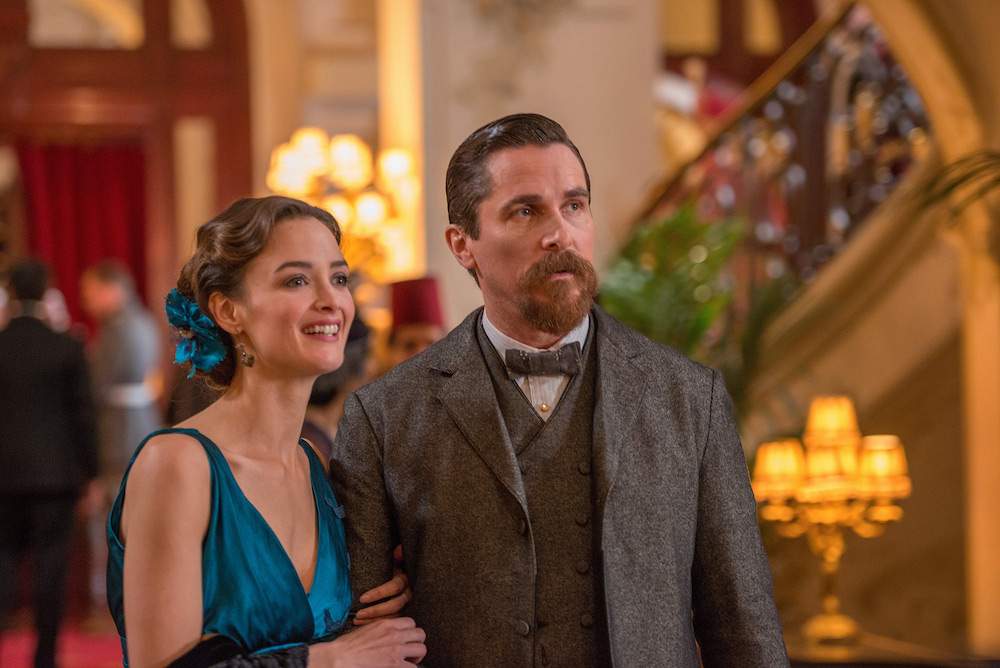
About the scene of execution Terry George said it is a very difficult thing to do and compares it with execution videos that are posted online. “When you watch people being executed, their bodies don’t fall – what happens to them is that they melt. Marwan was able to pull off and there is a sense that he is leaving his body to melt. That’s one of the most difficult things to recreate.”
Eric Esrailian, Producer of the film, spoke about Kirk Kirkorian’s legacy and said the film wouldn’t happen without Kirkorian’s role. “We talked about the film as a concept for several years and he was very excited about somebody doing it. During his life this was something he was thinking about. I am so proud of everybody here. Unfortunately, this film is very relevant. It’s not about genocide resolution – that’s something will happen in time – it’s for people to take something from the story and do something with their lives today.”
The press-conference was followed by questions and answers, during which Toronto Sun reporter Bruce Kirkland asked Terry George how he would deal with deniers as the film apparently has political side too. “I remember after Ararat was shown deniers came forward like decades of holocaust deniers. I am wondering if things have changed since Ararat, and I wonder what would you answer to the questions of people who will still persistently deny the obvious truth”.
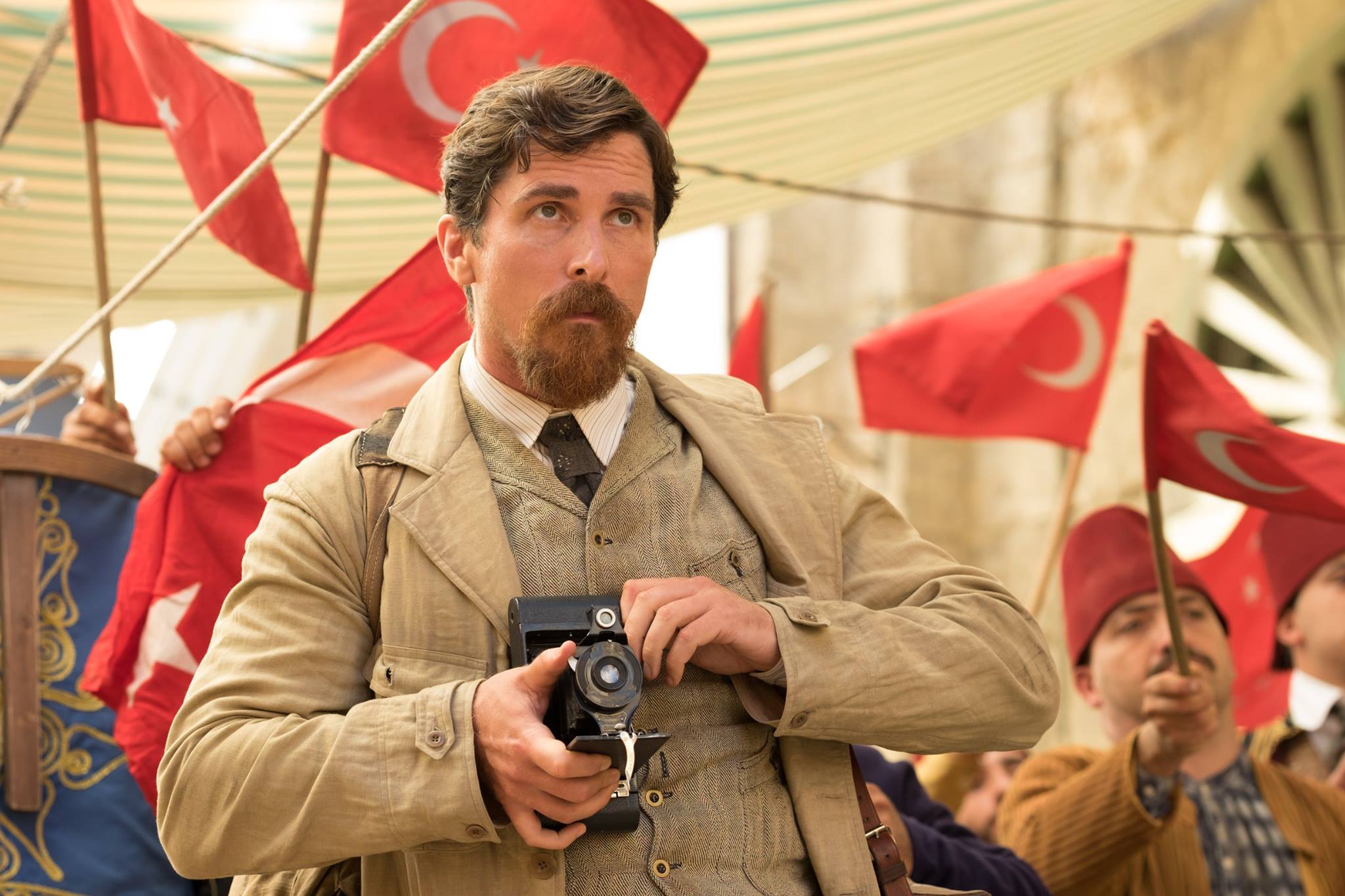
In answer to Bruce Kirkland’s question Terry George said, “There are two sides. The political influence of the Turkish government which has a course of century to deny this event. Today their strategic importance is greater than ever. This is a touchstone for them: every time the Armenian genocide is mentioned, whether centenary or a film like this, there is immediately a barrage of denial. For me for the world to face it, this is not a question if it happened. For the vast majority of historians it is firmly established that this was planned to wipe out the Armenian population. We need to get beyond that and focus on discussion “why?” Why did it happen, and how can these two nations been reconciled?”
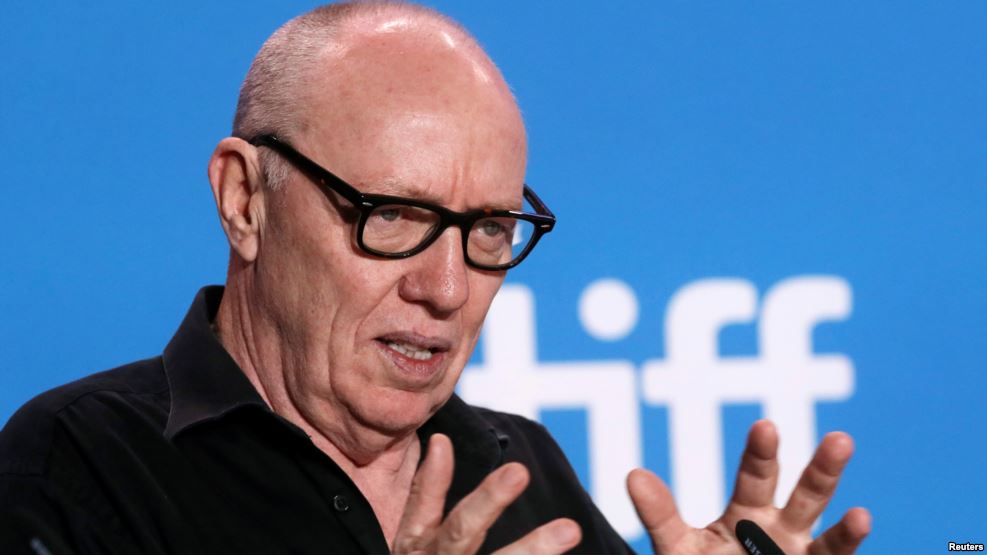
Terry George referred to Adolf Hitler’s words when he said “who now speaks of the Armenians” and said the fact of one atrocity not being recognized became justification for more slaughter: “This whole event needs to be brought into the open and needs to have light of discussion to put on it with a sense of reconciliation. We need to discuss to find ways of stopping this happening in the future.”
Eric Esrailian said there are not many ways to engage with denialists because still there are people who think the earth is flat, or who think there is no climate change. “In the beginning it seems convincing, until you understand that there is an agenda behind it. There is politics involved, but what we did is making just a beautiful movie and allowing people to form their own opinions.”
Terry George said that he was particularly careful about the events that really took place – the outbreak of the war, riots in streets, round-up of intellectuals on April 24, 1915, the labour camps, massacres, the trains, Musa-Dagh scenes and the rescue. “You have to be extremely careful what to compress and how you explain that,” said Terry George.
After the official press conference film critic Susanna Harutyunyan have got a chance to meet Terry George and address him a number of questions about his first and till now the only visit to Armenia some years ago. What was the reason to come to Armenia? What draws Terry George you to this subject? When audience in Armenia can watch “The Promise”? Please see an exclusive interview with film maker Terry George soon.
Prepared by Kamo Mailyan,
Toronto-Yerevan

























